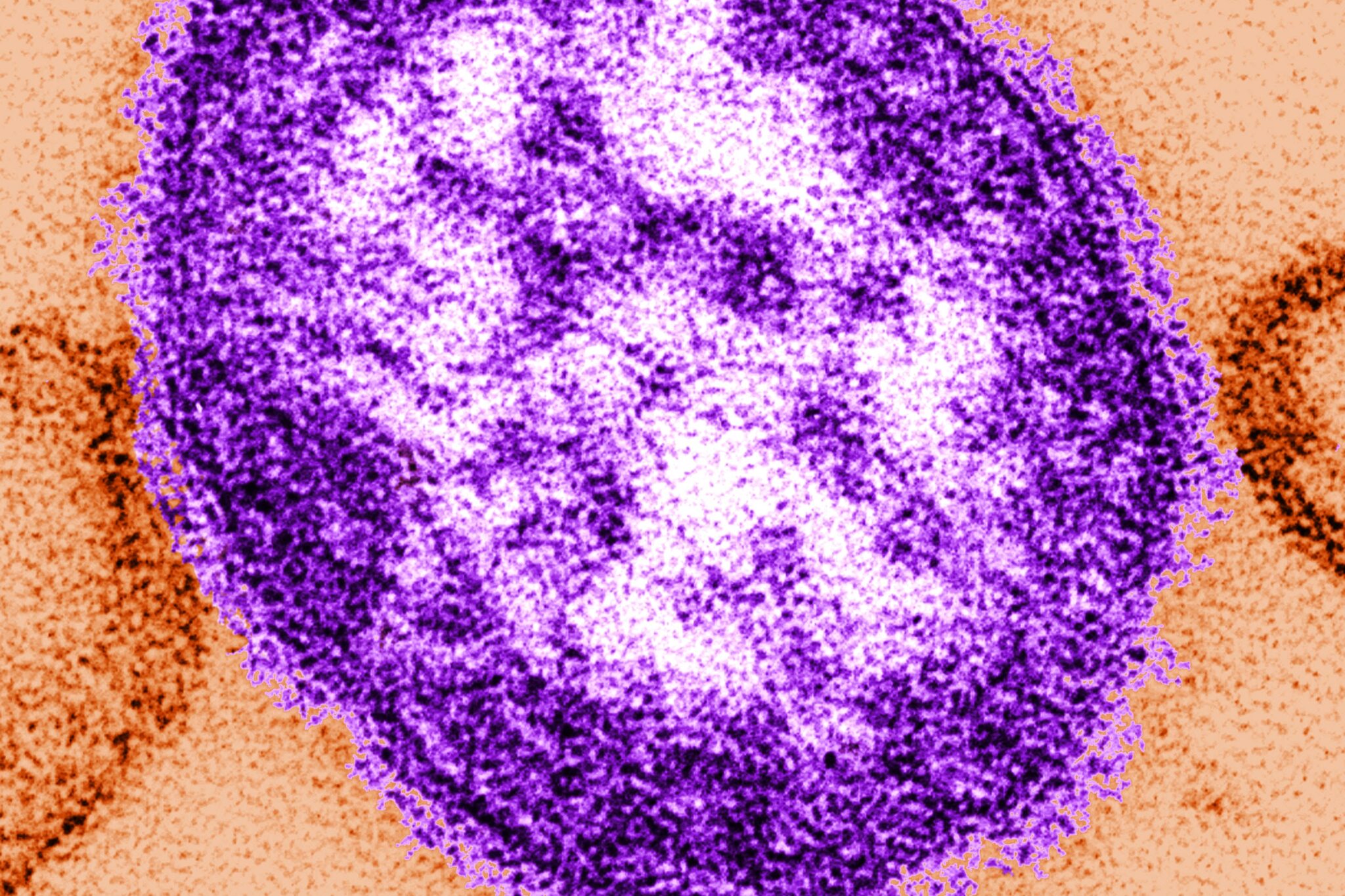
Juan Salinas II, Nebraska Examiner
Nebraska confirmed its first measles case of the recent national surge, this one in the state’s Panhandle in a county bordering South Dakota.
The measles case involving an “age-appropriately vaccinated child” in Sheridan County is the state’s first since 2017, according to the Nebraska Department of Health and Human Services. The child had no history of out-of-state travel.
“We are grateful the child’s symptoms have been mild, and they are recovering,” said Jessica Davies, health director of the Panhandle Public Health District that covers 12 western counties. “Those with known exposure have already been notified.”
The state health agency said people may have been exposed to measles in two cities in the panhandle and advised them to visit and complete the state DHHS risk assessment survey.
Measles is a highly contagious airborne disease that spreads when an infected person breathes, coughs, or sneezes. It can cause severe disease, complications and even death. Symptoms include a high fever, cough, runny nose and a rash over the body. Being vaccinated is the best way to prevent getting sick with measles or spreading it to other people.
Measles can affect anyone, but it is most common in children.
The state health agency emphasizes that if an individual thinks they have symptoms of measles, they should isolate themselves and call a health care facility in advance to get tested. State health officials also said anyone with known measles exposure and no confirmed immunity needs to stay at home and away from others for 21 days from the last date of exposure.
Vaccines have made measles rare in the U.S., leading to its elimination in 2000, but the politicization of vaccinations has played a part in the resurgence of measles in the U.S.
Many nearby states have had measles cases this year. Kansas currently has 58 cases. Nebraska Gov. Jim Pillen held a press conference in April with state health officials urging Nebraskans to get vaccinated against a disease that can cause serious health complications, especially for children under age 5.
At the time, Pillen said, “It’s not if it’s going to come to Nebraska, but when.”
South Dakota has not reported a confirmed measles case so far this year, but reported a case last year that was the state’s first in nine years.
